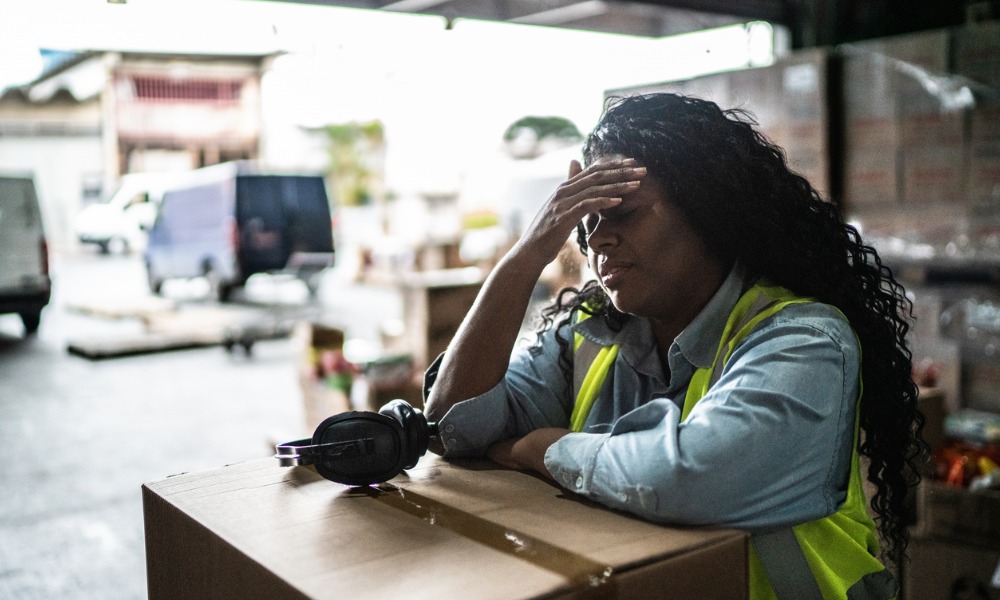
'Some employers still have the 'unless you're dying, you should be working' mentality, which is totally outdated'

More than half of employees in New Zealand are going to work despite feeling sick, according to a new survey, leading to "presenteeism" in the workplace.
A survey by Frog Recruitment of 1,500 Kiwi workers revealed that 52% are still coming to the office sick, influenced by factors such as heavy workload, financial constraints, leave banking, as well as remote work.
"More than half (55%) of those polled felt the pressure of their workloads prevent them from staying home and resting," said Frog Recruitment managing director Shannon Barlow in a statement.
According to Barlow, people are coming to work despite not feeling well because they haven't met their daily work goals.
"In reality, if you work while sick, job performance is lower and people are likely to perform more poorly, make errors, and be less vigilant," Barlow said. "If workers aren't home and resting, this can have an incremental and detrimental effect on a worker's health and their productivity over the days they are in the workplace."
New Zealand employees get a minimum of 10 days of sick leave entitlements annually, but 28% of employees feel that this isn't enough, according to Frog Recruitment.
As a result, employees are resorting to "leave banking," where they save up their sick days for severe illness instead of using it when they have a sniffle.
"We are witnessing people not using their sick leave for a common cold or sore throat," Barlow said.
"However, this often backfires when the 'sniffles' morph into a more serious illness, putting themselves and their colleagues at risk."
Economic pressures are also driving presenteeism in the workplace, particularly for those who used up all their sick leave and self-contractors who do not get them at all.
One in six respondents said they were forced to report to work because they have run out of sick leave entitlements, according to the report.
The option to work remotely is also hitting employees' chances of requesting for a sick leave.
For 60%, they admitted to finding it hard to take a sick leave when they have the option to work remotely.
Barlow said doing so may be "tempting," but employees need to be firm about not working when feeling sick.
"Be honest with yourself and assess if you'll be better off fully resting until you're well again. Just as we know that driving a car with a low gas tank is not good for the car; the same can be said for our emotional and physical health and wellbeing," the managing director said.
Organisations are failing to provide a supportive work culture that encourages appropriate use of sick leave, according to Barlow.
When COVID was still high on everyone's priority list, those who were reporting even the smallest signs of a disease were sent to isolation out of fear of spreading the virus.
But as restrictions loosen and the world moves forward from the pandemic, employers are reverting to "outdated" mentalities where "soldiering on" despite feeling ill was acceptable, according to the managing director.
"Since the COVID mandates were removed, we've been hearing that some employers still have the 'unless you're dying, you should be working' mentality, which is totally outdated. The expectation from employers to staff should be clear – get well and keep your germs at home," Barlow said.